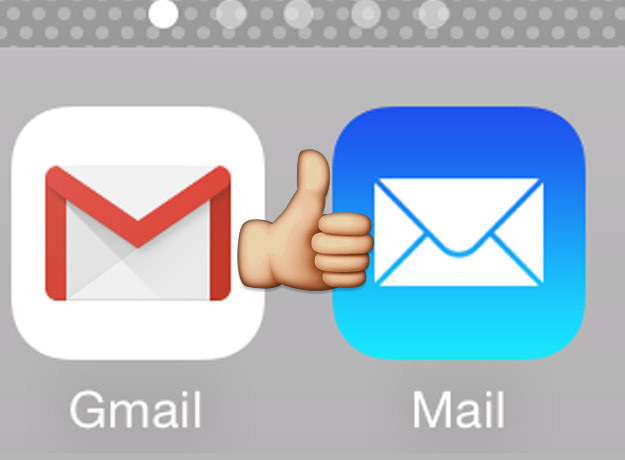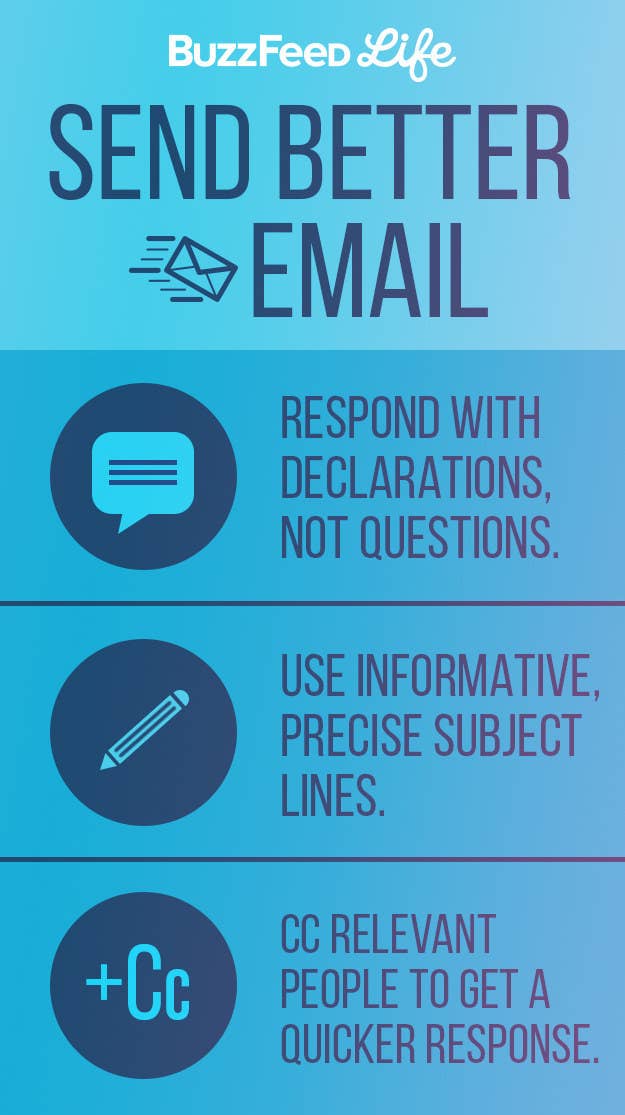
1. Think of email in terms of the actual cost: TIME.
"We don't really think about the "cost" of each email, because there is no dollar amount attached to it, but there is a cost for both the sender and the recipient: time," Alexandra Franzen, a productivity and communication expert, told BuzzFeed Life. "So every email is an opportunity to be exceptionally brief, focused, and respectful."
2. Send more emails to get fewer emails.
When someone sends you a pitch or an invitation or anything they might conceivably follow up on if you don't respond, send a polite and quick "No, thank you" email to (hopefully) avoid getting a dozen follow-ups.
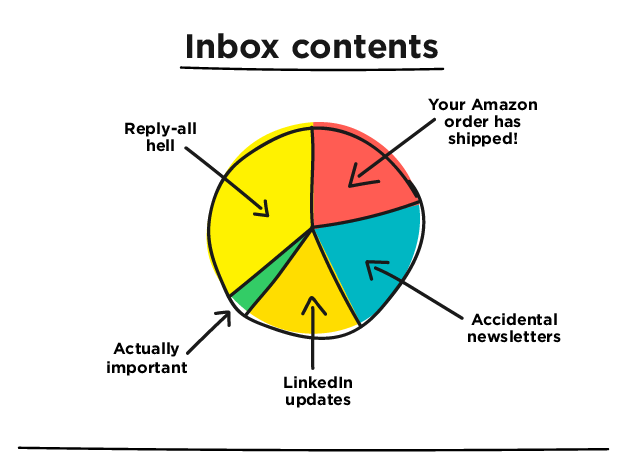
3. Don’t send one-word emails.
Unless you're providing a necessary response! "Thanks," "anytime," etc., are annoying and a waste of space.
4. But keep it short to make a statement.
Be what Franzen refers to as "freakishly succinct."
"Lately, I've been experimenting with answering emails in the style of a haiku, or in just three sentences," she said. "When you are freakishly succinct, other people tend to mirror your style. It also makes 'clearing your inbox' feel like a playful game — instead of a chore. Poetry for the win!"
5. Use better subject lines.
Be informative and precise. Give as much of the email away in the subject line as you can so people scanning through their inboxes know exactly how and when to respond. Also, if it wasn't clear: ALWAYS use a subject line.
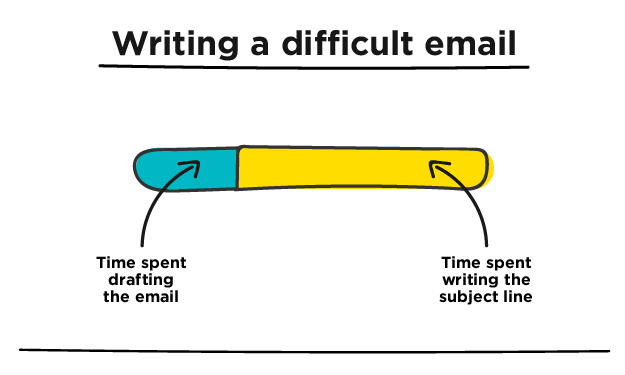
6. If you don’t need a response, say that.
"No need to respond" is easy to type at the end of any email and even better to read.
7. CC people to get a response.
If you need a response in a short amount of time, add more than one person to the recipient field. It's essentially peer pressure, and if the first subject doesn't respond, the others might feel the need to.
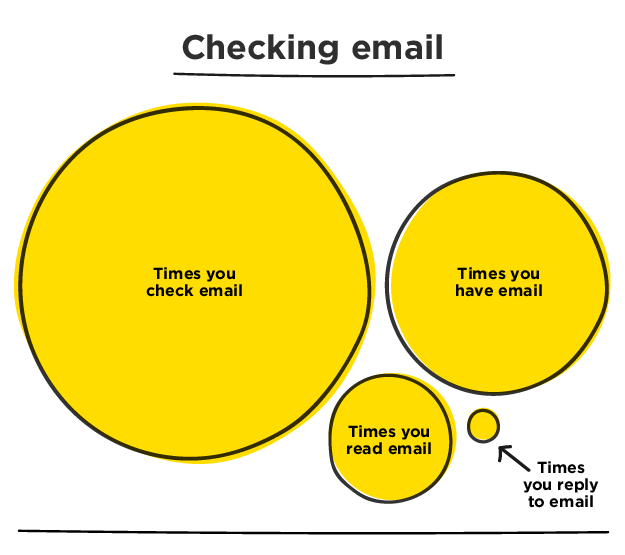
8. Turn off your OOO when you come back.
And unless you're the CFO, don't use an OOO when you're out for a only day or an hour.
9. Reply quickly.
This doesn't mean you need to have your email open all the freaking time. But when you are taking the time to read an email that you already know the response to, don't put it off until later. Send it and be done.
10. Reread before sending.
Even the address. Avoid sending the follow-up "Oh, and xxxx."
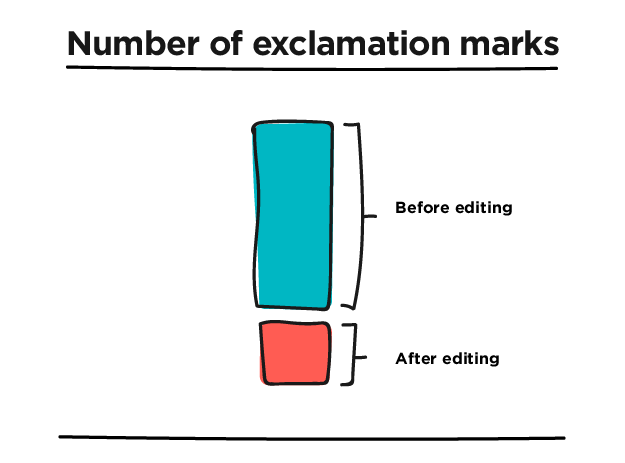
11. Respond with declarations, not questions.
If someone asks you "What time should we meet?" answer with "Let's talk again on Monday at 4 p.m." instead of asking if several times work. You'll eliminate at least one round of back and forth.
12. If you have to ask a question, be specific, not open-ended.
Sending an email that says "What do you guys think?" leaves it open for people to dally and dawdle thinking of what they want to respond. But if you say: "Do you want to have the conference on a weekday or a weekend?" is simple and the recipient will likely know the answer sooner.
13. Provide deadlines for your responses.
"If you can get back to me with your ideas by Tuesday morning, we can proceed on schedule" is actually more effective than "Let me know ASAP."
14. Turn on the Gmail Undo lab.
Avoid sending follow-up emails to correct your mistakes with this easy-to-use lab function that allows you to "unsend" emails within 15 seconds.
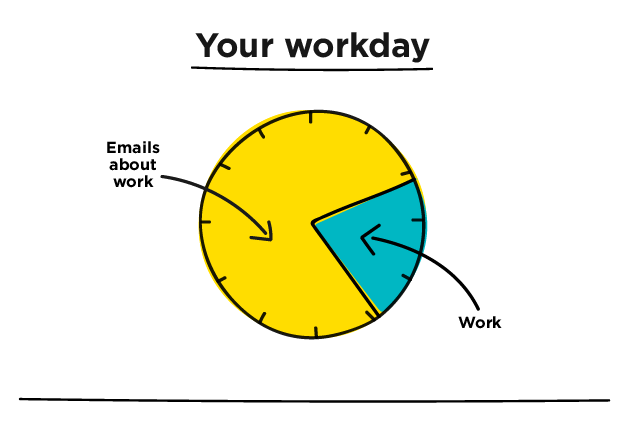
15. Start using email for good...and for love.
According to an actual scientific study, email can actually be romantic. And if you can train your brain to see email as a means for meaningful communication outside of work, too, the work emails might not seem so tedious.
16. Improve your chances of getting a response by sending it at the right time.
Sending late emails can easily be overlooked or buried by the morning inbox flood. If you're a night-owl email composer, try creating drafts in the evening and hitting send in the morning. You could even try an email scheduler like Boomerang.
17. Don't sweat the full inbox.
"I answer most emails in a timely fashion, but sometimes I let certain non-urgent notes sit for days, even weeks, before I attend to them, because 'clearing my inbox' just for the sake of clearing it is...just not my top priority," said Franzen. She thinks of it this way: "I'm not 'behind' on my emails. I'm 'ahead' on my life."
